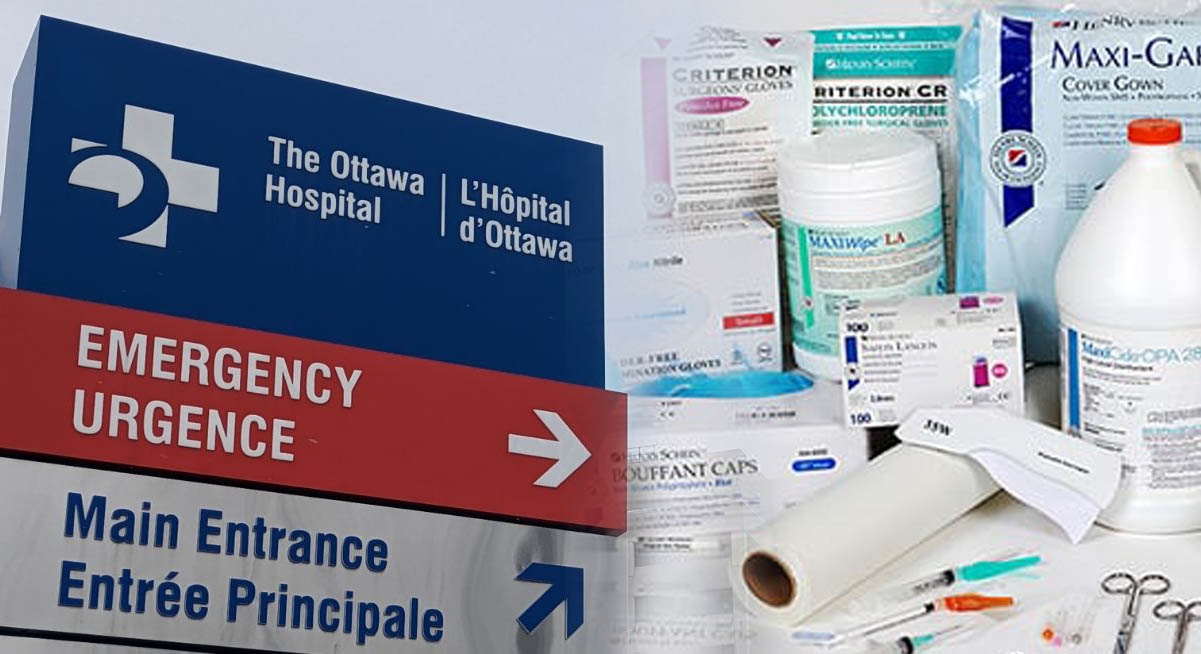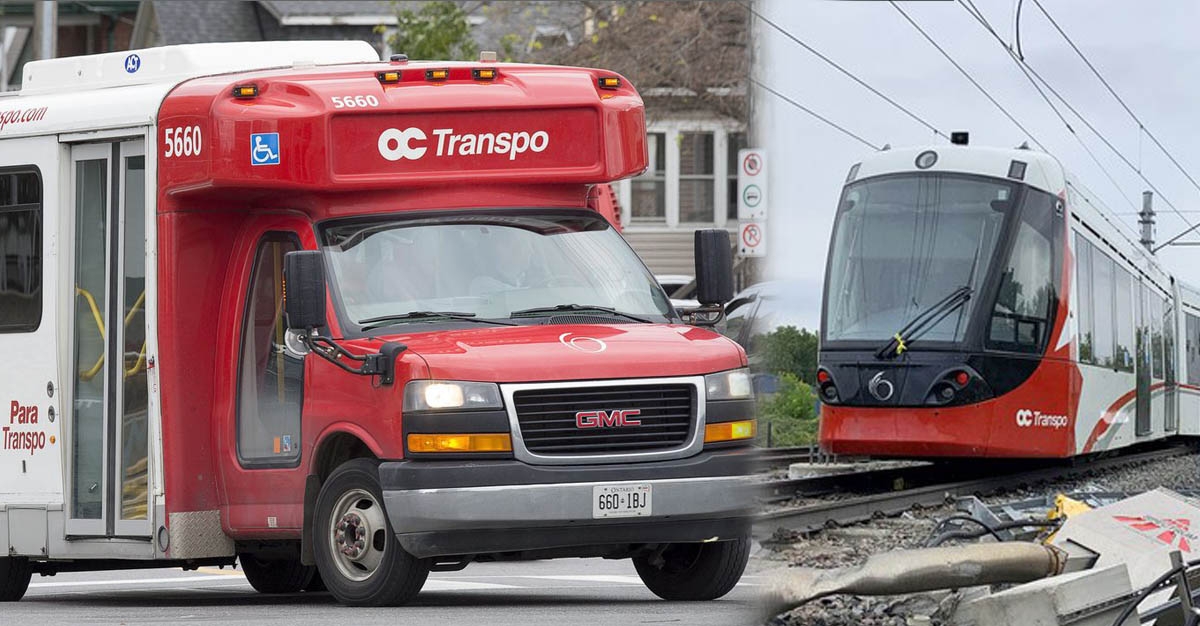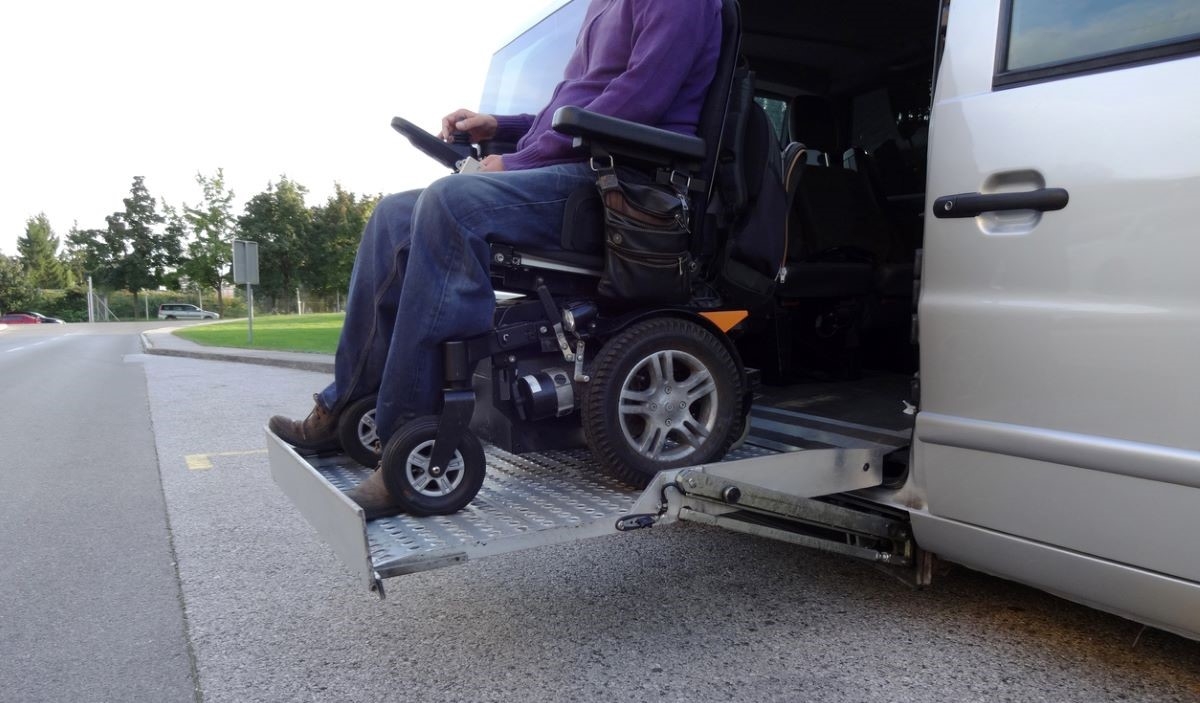
A shortage of medical supplies is a serious issue that affects everyone.
Since Christmas of last year, I've been to the ER three times, and only one of those times was because I was sick. My latest trip to the ER happened last week. I went because I was running dangerously low on a vital medical item: suction catheters.
Here’s a quick rundown of what suction catheters are and why I need to have them.
Due to the nature of my disability and my tracheostomy, I cannot cough. To clear my airways, I get suctioned hourly, sometimes more. Without doing so, my lungs would fill with secretions affecting my breathing. Technically, I don’t breathe; my ventilator breathes for me.
Not having suction catheters would ultimately be fatal for me.
I went to the ER on Tuesday last week to see if the hospital could give me some. Thankfully, I was able to plan. Instead of calling for an ambulance, I booked a ride with Para Transpo. This meant that I didn't have to be on a stretcher. I was able to remain in my wheelchair the whole time.
When I arrived at the ER, the waiting room was packed. Thankfully, I didn’t have to wait long before a triage nurse saw me. Once I explained my situation, the triage nurse fully understood, and I was told I wasn’t the only person experiencing this problem. The hospital was also short of suction catheters, which is very dangerous.
So, how did this happen?
While I can’t fully speak on behalf of the hospital, I will talk about my experience.
Being short of medical supplies is common for people with disabilities, especially those in the community. I always call or email the vendors far in advance to let them know that I’m running low on my supplies and what I need exactly. In this case, the vendor is Medigas.
From my understanding, Medigas then contacts the warehouse to see if the items are in stock, and I receive the supplies within a few days. If the item is not in stock, Medigas calls the manufacturer to see if they have it and can ship it to Medigas.
For the past several years, the issue has been that the manufacturer has been out of suction catheters, along with many other medical supplies that I use, and the situation is getting worse.
This time, I was informed that the manufacturer had shut down their warehouse for two weeks. As a result, there’s a mass shortage of suction catheters. Currently, nobody seems to know why, including the hospital.
This particular issue has been ongoing for years, partly due to the pandemic. As many are aware, thousands of people across the globe had to be put on ventilators, which led to a massive spike in the number of people who needed suction catheters. The pandemic put a strain on the medical supply chain, thus leading to a shortage of many medical supplies and the materials required to make the products.
Now, besides that, another reason should also be considered: the government.
Yes, that dreaded word we use far too often.
We’ve heard more and more about Doug Ford’s push to privatize healthcare. People will have to pay out of pocket for medical supplies. If we cannot afford it, we will have to go to the hospital or find other means to get supplies. If we cannot get the supplies, the results will be fatal.
This has already started happening to many people with disabilities and those with medical needs.
A close friend, who also uses a ventilator, posted to a Muscular Dystrophy support group on Facebook on my behalf to explain my situation. Mind you, most, if not all, were from the US. I’ve also heard of people doing the same thing here in Ottawa.
So, what is their advice?
While in the ER, the nurses and respiratory therapists suggested I clean and reuse the catheter. People in the Facebook group suggested the same thing as well.
When I first heard this, I freaked out. My first thought was it would lead to infection in my lungs. Not only would it be dangerous, but I’d probably need to be hospitalized, which kinda defeats the purpose of keeping myself at home, and the government saving money.
It has become common knowledge that keeping someone in the hospital costs more than keeping them in their homes.
If you’re as confused, angry, scared, or frustrated as I am, rest assured that you are not alone.
A shortage of medical supplies is a serious issue that affects everyone. If you go to the ER and there’s any medical supply shortage, you could be in serious trouble.
In case you’re wondering how I clean the suction catheters, after watching a few videos on YouTube and discussions, I came up with a combination of hydrogen peroxide and vinegar. It’s not an ideal solution, but it’s better than staying in the hospital.
So, what happens next?
After reaching out to Medigas, Vitalaire, Ontario Medical Supply, Carefor, the LHIN, and others, I can expect delivery this week or next. If they arrive first at Ontario Medical Supply, it will cost me $250 for four boxes of catheters, which will last me roughly a month.
I sincerely hope this isn’t a sign of things to come.
It’s important to note that I have received a bunch of suction catheters, but they’re the wrong type. When I use them, they cause me pain, and I bleed from my lungs.
Before I end this week’s article, I want to give a shout-out to those who helped me in the ER at the Civic Hospital last week. All the staff I dealt with were extremely kind, understanding, respectful, and helpful. Most of my ER experiences have been traumatic, so this was a welcome change.
This time though, I was able to go home a few hours after I arrived, and I didn’t need to be transferred.
Now I’m sitting at home waiting for a delivery of much-needed medical supplies.









